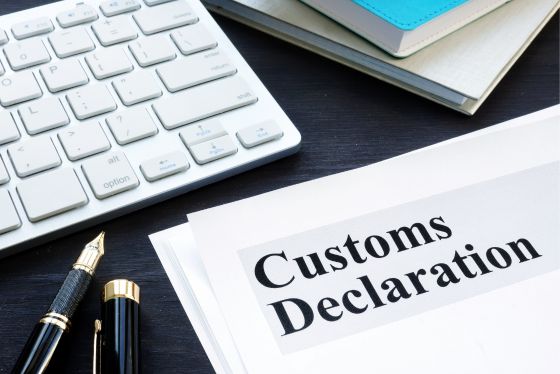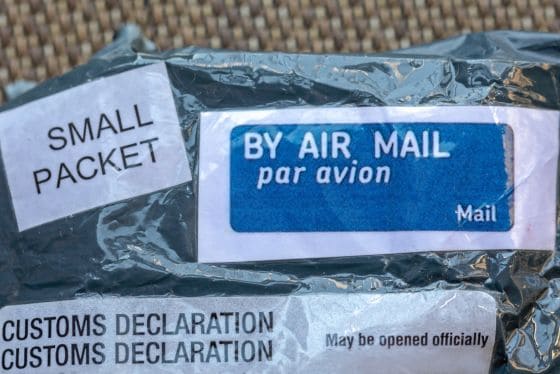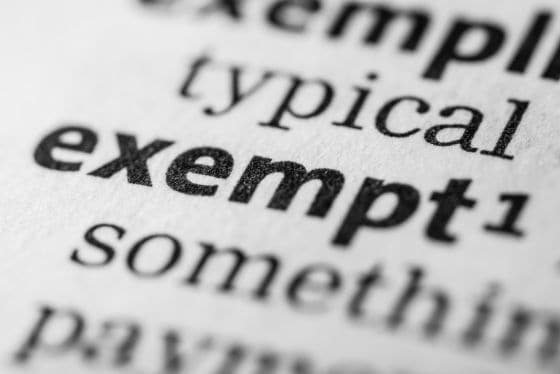Customs Duties Explained
What are Customs Duties?
A customs duty is a tax on goods transported across international borders. Customs duties are designed to protect each country's economy by controlling the flow of goods into and out of the country.
Are duties and taxes the same thing?
Duties and taxes are both types of tariffs assessed on the import of goods and are essential sources of revenue and economic protection for the country of import; however, they are not the same.
Depending on the country of import, taxes are usually called a value-added tax or a goods and service tax and are similar to a national federal sales tax. Most items are assessed at the same time established by the country's revenue or tax authority, with some exceptions.
Duties are more commodity or product-specific and are tariffs established and assessed by the country of import's customs authority. The rates that apply to specific types of products vary widely in the amount and way they are charged.

How are customs duties calculated?
Customs duties are typically calculated as a percentage. This percentage is based on two factors:

1. The total purchase value of the goods.

2. The Harmonized Tariff System (HTS) code assigned to the goods.

Why do I have to declare items at customs?
Declaring your items at customs helps control the flow of goods entering the country, as certain goods can affect the country's economy, security, or environment.
If you don't declare your items, you risk forfeiting them. You could face a hefty fine or penalty if you deliberately undervalue or mis-declare your goods to avoid paying a higher duty rate.
How does customs know what I bought?
Your package will be labeled with an HS code, which is used to classify the type of goods being shipped. HS codes help customs authorities quickly identify products and apply the appropriate taxes and duties.


What happens if I don't pay customs duties?
If you do not pay customs duties, your package will not be released to you. Customs will typically store the package in a warehouse for a set period of time. If payment is still outstanding after this time period, the package is either returned to the sender, seized by customs, auctioned, or destroyed.
Are there any exemptions?
Nearly every shipment that crosses the international border is subject to the assessment of duties and taxes. However, each country has a defined "de minis value," a threshold below which no duty or tax is charged. If the total declared value of your shipment is LESS than your country’s de minimis value, duty and tax do not apply. In some countries, however, certain goods (such as alcohol and tobacco) are subject to the assessment of duty and tax regardless of a country's de minimis value.

Do I have to pay duties when ordering from US stores?
In most cases, you will have to pay duties and taxes when ordering from the US and importing goods into a different country (see exemptions above). However, there are other ways you can reduce costs! When you ship overseas with MyUS, you pay 0% US sales tax and can save up to 80% on international shipping with package consolidation.
FAQ
The de minimis value is a country-specific threshold below which no duty or tax is charged, and clearance procedures are minimal. Read our duties and taxes guide to learn more.
Harmonized System (HS) codes classify internationally traded goods. Each item in your shipment will be given an HS Code, which customs use to identify products and calculate taxes and duties accordingly.
Some products MyUS cannot legally ship internationally due to customs law, delivery company or airline restrictions, or bans specific to your country. Read our guide on prohibited and restricted items before you buy.

